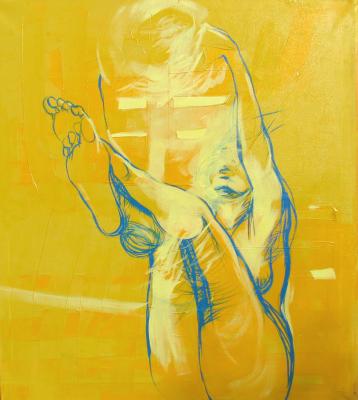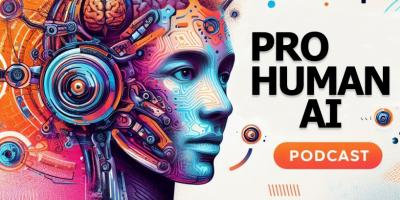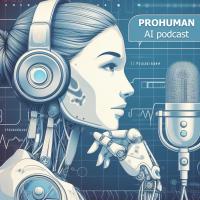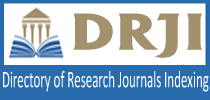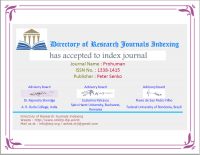feb
9
2021
Emotional responses to the Covid-19 pandemic media reports: Comparisons based on media exposure and the phases of easing the anti-epidemic measures
Abstrakt: Predmetná štúdia analyzuje súvislosť medzi sledovaním správ o pandémii koronavírusu a emocionálnym prežívaním jednotlivcov a tiež mierou ich súhlasu s prijatými opatreniami. Pomocou dotazníka vlastnej konštrukcie bola zisťovaná frekvencia sledovania správ a jej súvis so šiestimi primárnymi a sekundárnymi emóciami: strach, obavy, hnev, smútok, panika, frustrácia a zvedavosť. Sekundárne ciele boli zamerané na analýzu premenných vzhľadom na fázy uvoľňovania reštriktívnych opatrení na Slovensku. Výskum bol realizovaný na vzorke N=458 respondentov (vek M=40,6; 92,6% žien). Na základe štatistických analýz bolo zistené, že existuje štatisticky významný rozdiel v miere prežívania strachu (H=26,746; p<0,001), obáv (H=25,199; p<0,001), smútku (H=15,264; p<0,001) a zvedavosti (H=56,324; p<0,001) vzhľadom na frekvenciu sledovania správ ohľadom Covid-19 pandémie a v miere prežívania obáv (H=7,575; p<0,023), smútku (H=8,951; p<0,011) a frustrácie (H=11,101; p<0,004) vzhľadom na fázy uvoľňovania reštriktívnych opatrení. Miera výskumných premenných klesala s nižšou frekvenciou sledovania správ a s uvoľňovaním reštriktívnych opatrení v čase. Medzi frekvenciou sledovania správ a mierou súhlasu s prijatými protiepidemickými opatreniami boli zistený slabý korelačný vzťah.
Kľúčové slová: emócie, médiá, pandémia Covid-19, protiepidemické opatrenia
Abstract: The present study analyses the relationship between exposure to media news on Covid-19 pandemic and the emotional experiences of individuals, as well as the extent to which they agree with the measures taken. Using a purposely designed questionnaire, the frequency of media use and its association with six primary and secondary emotions - fear, worry, anger, sadness, panic, frustration and curiosity, was examined. The secondary objectives were focused on the analysis of variables with respect to the phases of dismantling of restrictive measures in Slovakia. The research was conducted on a sample of N = 458 respondents (mean age = 40.6; 92.6% women). Based on statistical analysis, it was found that there was a statistically significant difference in the frequency of experiencing fear (H = 26.746; p <0.001), worry (H = 25.199; p <0.001), sadness (H = 15.264; p <0.001) and curiosity ( H = 56.324; p <0.001) with respect to the frequency of exposure to the media news about Covid-19 pandemic and there was also a significant difference in the frequency of experiencing worry (H = 7.575; p <0.023), sadness (H = 8.951; p <0.011) and frustration (H = 11.101; p <0.004) with respect to the phases of dismantling of the restrictive measures. The rate of research variables decreased with lower media exposure and with the dismantling of restrictive measures over time. A weak correlation was found between the frequency of exposure to media news and the level of agreement with anti-epidemic measures taken.
Key words: emotions, media, Covid-19 pandemic, anti-epidemic measures
 Ilustrácia: akad. mal. Veronika Lučeničová Gabčová PhD.
Ilustrácia: akad. mal. Veronika Lučeničová Gabčová PhD.








